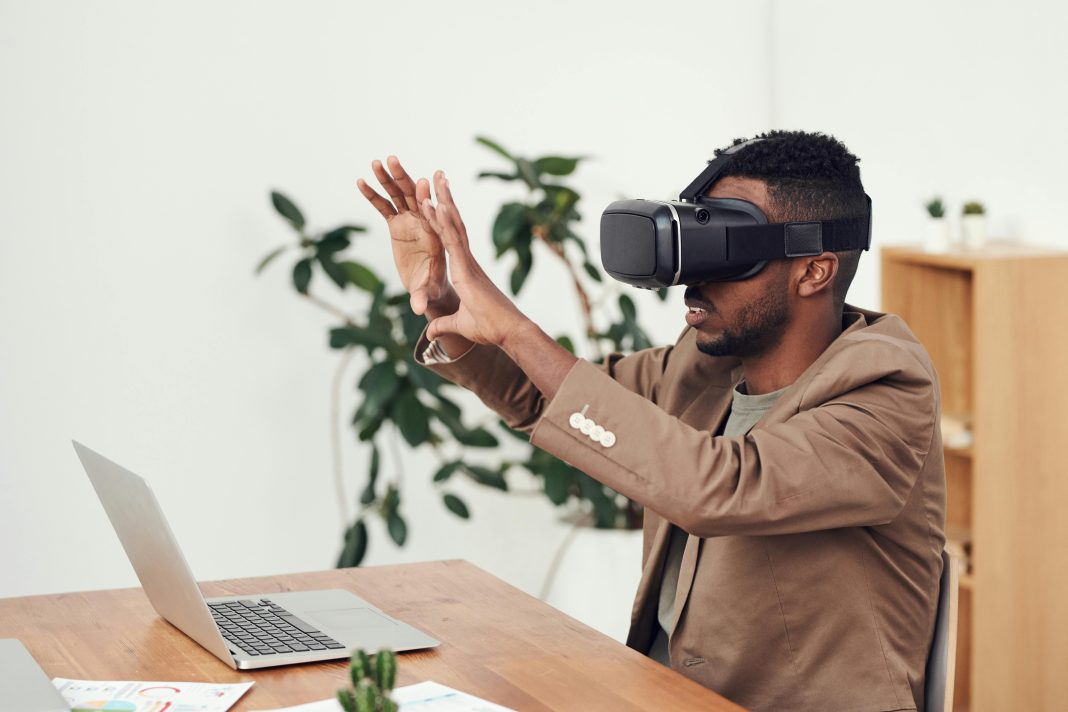In the rapidly evolving landscape of technology, virtual reality (VR) emerges not just as an entertainment tool but as a potent medium for fostering empathy and understanding. By immersing users in experiences far removed from their own, VR has the power to change perspectives, challenge prejudices, and promote a deeper understanding of others’ lives. This article delves into how VR is being harnessed to build bridges of empathy and enhance our comprehension of complex human experiences.
The Empathy Machine
Dubbed the “empathy machine,” VR enables individuals to step into the shoes of others, offering a first-person experience of different lifestyles, challenges, and struggles. This immersive technology can simulate situations ranging from the life of a refugee to the experiences of a person with a disability, providing users with a visceral understanding that reading or traditional media cannot.
Case Studies in Compassion
One notable project, “Clouds Over Sidra,” allows viewers to experience the life of a 12-year-old girl in the Za’atari refugee camp in Jordan. By navigating through her world, users gain a profound appreciation of the challenges faced by refugees. Similarly, “Notes on Blindness,” based on the audio diaries of writer John Hull, offers insight into the world of visual impairment, enriching users’ understanding of navigating life without sight.
Transforming Education and Training
Beyond fostering personal growth, VR is revolutionizing empathy-based education and professional training. Medical students using VR can experience the aging process or understand the physical limitations of elderly patients, leading to improved patient care. Social workers and law enforcement officers are also benefitting from VR training scenarios that simulate real-life interactions with diverse communities, enhancing their empathy and communication skills.
The Science of VR and Empathy
Research supports the effectiveness of VR in enhancing empathy. A study by the University of Barcelona demonstrated that participants who embodied Albert Einstein in a VR environment showed improved cognitive performance and a decrease in ageism. The immersive nature of VR engages users emotionally and cognitively, creating a powerful empathetic response that can lead to lasting attitudinal and behavioral changes.
Challenges and Considerations
While the potential of VR as a tool for empathy is vast, it also poses ethical and practical challenges. The creation of experiences must be done sensitively and ethically, with respect for the stories and realities being represented. Additionally, access to VR technology remains a barrier for many, though costs are decreasing and accessibility is improving.
The Future of VR in Fostering Understanding
As VR technology advances and becomes more accessible, its role in promoting empathy and understanding looks set to grow. Future applications could include more interactive and multiplayer experiences, allowing users to engage with each other within VR environments, further enhancing the technology’s capacity for empathy-building.
Conclusion
Virtual reality holds a unique place in the pantheon of modern technology, with its unparalleled ability to generate empathy and understanding among its users. By providing immersive experiences that vividly convey the perspectives and challenges of others, VR has the power to change hearts and minds, promoting a more compassionate and empathetic society. As we continue to explore and expand the capabilities of this “empathy machine,” the potential for positive change is boundless.

